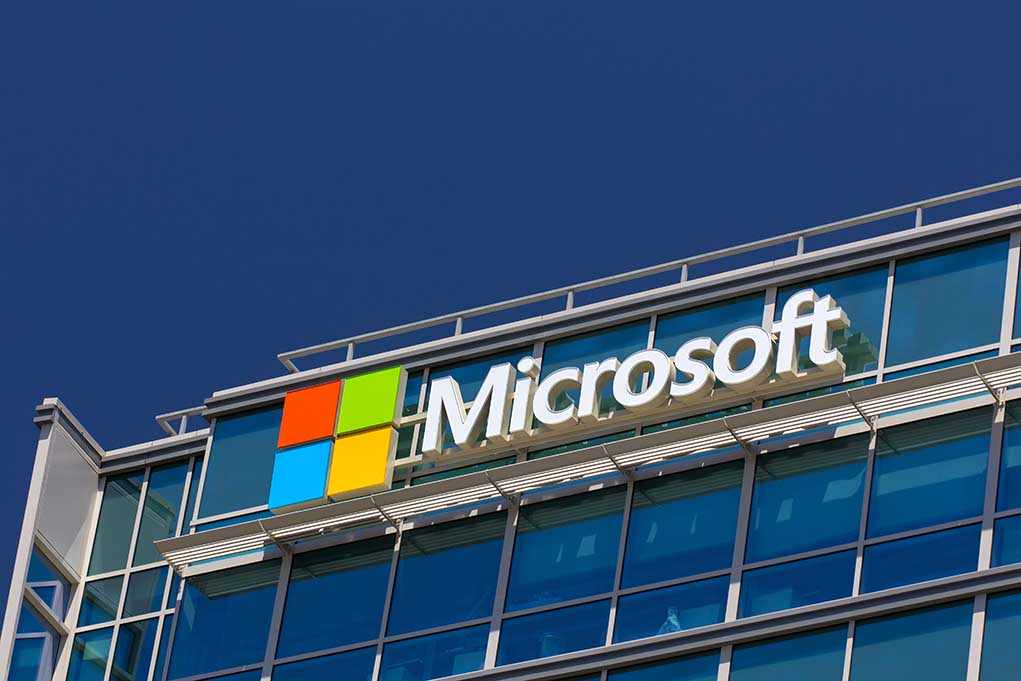
Elon Musk’s latest AI venture, Macrohard, targets Microsoft and reignites concerns about the risks of one man steering an ever-expanding tech empire—posing potential threats to software markets, investor confidence, and American innovation.
Story Highlights
- Elon Musk launches Macrohard, a new AI-driven software company aimed at challenging Microsoft’s dominance.
- Macrohard leverages xAI’s Colossus supercomputer project, intensifying debates over Musk’s divided leadership focus.
- Industry experts warn of operational risks and overextension as Musk integrates AI across Tesla, SpaceX, and other ventures.
- Macrohard’s disruptive ambitions could reshape software markets and accelerate AI adoption across multiple industries.
Musk’s Macrohard Announcement: Disrupting the Software Status Quo
In August 2025, Elon Musk publicly announced Macrohard, a new AI software company designed to emulate and potentially disrupt established giants like Microsoft. Macrohard is directly linked to Musk’s existing AI startup, xAI, and will use generative AI agents to simulate entire software ecosystems. This initiative builds on xAI’s Colossus supercomputer project, which is rapidly expanding in Memphis, with plans to acquire millions of Nvidia GPUs. Musk’s statement described Macrohard as a “purely AI software company” and positioned it as a “macro challenge” to traditional industry leaders, signaling his intent to reshape the software landscape through aggressive AI integration.
Macrohard’s launch follows a series of strategic moves by Musk that highlight his unique approach to cross-company resource sharing. Since founding xAI in March 2023 and merging it with X (formerly Twitter) in March 2025, Musk has tightly integrated AI capabilities across Tesla, SpaceX, Neuralink, and The Boring Company. In July 2025, Musk revealed plans for Tesla and SpaceX to invest in xAI, with Grok chatbot integration into Tesla’s vehicles. This cross-pollination of AI technologies is designed to blur traditional corporate boundaries and create new software paradigms, intensifying competition with tech giants such as Microsoft, OpenAI, Meta, and Google.
Strategic Risks: Operational Bandwidth and Investor Concerns
While Musk’s vision for Macrohard has generated excitement around potential AI-driven innovation, it has also reignited debate over his ability to manage a growing portfolio of complex, capital-intensive ventures. Industry analysts and investors are scrutinizing Musk’s bandwidth, citing risks from overextension and governance complexity. Critics point to previous operational challenges—such as simultaneous leadership of Tesla, SpaceX, and Twitter/X—and warn that spreading resources too thin could impact performance across all companies. Meanwhile, supporters argue Musk’s track record of launching and scaling ambitious projects justifies confidence, even as the scope of his empire continues to expand.
Investor uncertainty is heightened by the possibility of Tesla and SpaceX investing billions into xAI and Macrohard. Tesla shareholders are scheduled to vote on potential investment, while SpaceX is reportedly considering a $2 billion commitment. These moves not only increase financial exposure but also raise questions about resource allocation and Musk’s strategic priorities. Employees across Musk’s companies face both opportunities for collaboration and increased pressure from shifting priorities as AI becomes the connective tissue of the corporate structure.
Industry Impact: Accelerating AI Adoption and Market Disruption
Macrohard’s disruptive ambitions have significant implications for the software industry and the broader tech sector. In the short term, investors and competitors such as Microsoft, OpenAI, and Google face new competitive threats as Musk seeks to leverage generative AI to automate complex software tasks. Over the long term, Macrohard could reshape software market economics, accelerate AI adoption, and force rivals to innovate at a faster pace. The venture also sets a precedent for multi-company integration under a single visionary leader, raising political and regulatory questions about concentration of power and cross-sector influence.
Economic effects may include substantial capital flows into AI infrastructure and altered business models for software development. Socially, the rise of generative AI agents prompts renewed debates about the future of work and the role of automation. Politically, Macrohard’s integration across Musk’s empire could attract scrutiny from regulators concerned with antitrust, governance, and national security, especially as AI becomes central to both private and public sector operations.
Elon Musk is starting yet another AI side project, 'Macrohard,' to challenge Microsoft: Musk’s announcement adds to his list of business ventures that stands to divide his attention even further over his already operational companies https://t.co/RUWnu95Bnh pic.twitter.com/yywhfGlB4N
— Quartz (@qz) August 25, 2025
Expert perspectives remain divided. Analysts emphasize Musk’s unique approach to cross-company integration, but caution that leadership bandwidth is a critical constraint. Some see Macrohard as a bold move to challenge Microsoft and redefine software ecosystems, while others warn of operational risks and governance challenges. All agree that Musk’s latest venture will accelerate the convergence of AI, software, and hardware across industries, setting the stage for both innovation and controversy in the years ahead.
Sources:
Elon Musk targets Bill Gates, Microsoft with new AI venture Macrohard
Elon Musk’s ‘North Star’ AI: Tesla, xAI, SpaceX investments (2025)
Elon Musk: Bankrate profile and business overview
Elon Musk to recreate Microsoft software companies with AI via Macrohard (2025)












